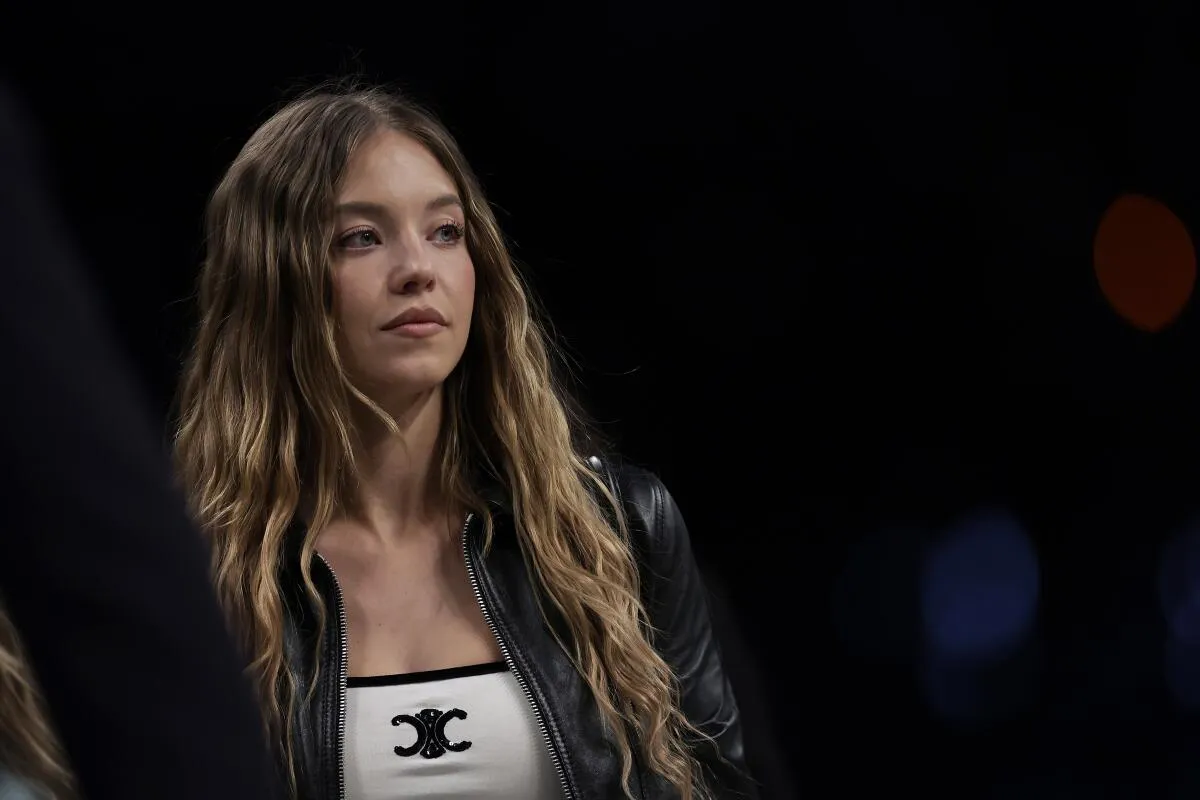

From Scandal to Success: The Shocking Truth Behind American Eagle’s Sydney Sweeney Campaign
American Eagle Outfitters, a leading U.S. clothing retailer, recently sparked intense discussions with its latest advertising campaign starring actress Sydney Sweeney. While the ad faced accusations of racial undertones and evoked a significant backlash, the campaign surprisingly helped American Eagle rebound financially, leading to soaring profits and an impressive stock surge. This article explores how a controversial marketing strategy turned into a major win for the brand and what it means for the future of retail advertising.
The Sydney Sweeney Campaign: Controversy Meets Clever Wordplay
In July 2025, American Eagle launched the campaign titled “Sydney Sweeney has great jeans,” where the actress uses the pun between “genes” and “jeans” to promote their denim line. The clever play on words backfired for some, as critics interpreted the reference to “genes” as invoking racial or eugenics connotations. This unexpected backlash led to heated debates on social media and news outlets.
Despite the controversy, the campaign succeeded in grabbing the public’s attention. Some marketing experts see this as a textbook example of “noise marketing” — a strategy where brands deliberately or unintentionally spark controversy to increase visibility. In a saturated market where consumers are bombarded with advertisements, American Eagle’s bold approach broke through the clutter, drawing eyes and conversations toward the brand.

Profits Soar Amid the Backlash
While negative publicity can often damage a brand, American Eagle’s profits tell a different story. According to the Wall Street Journal, the company reported a second-quarter net profit of $1.28 billion, surpassing expectations and outperforming the previous year by around $300,000. The net income was reported to be $77.6 million, signaling solid financial health.
The stock market responded favorably, with American Eagle’s share price increasing by approximately 26% in over-the-counter trades. This positive market response indicated that investors believed the company’s strategy was successful despite the controversial nature of the campaign.
Increased Consumer Engagement and Website Traffic
Data from the media research firm Karma showed a massive spike in interest for American Eagle following the campaign launch. Online searches surged by 186% in early August, and website traffic grew 15% in July compared to the prior month. This sharp increase in digital engagement suggests the controversy helped American Eagle attract a larger and more diverse audience.
According to Craig Brommers, Chief Marketing Officer of American Eagle, the campaign brought in “an unprecedented number of new customers in just six weeks,” with shoppers coming from across the United States. This surge helped offset the company’s previous four consecutive quarters of sales decline.
Expert Analysis: Why Controversy Didn’t Hurt Sales
Marketing experts like Neil Saunders, managing director at GlobalData, noted that despite the backlash, the campaign did not negatively impact sales. Saunders explained, “The controversy generated short-term buzz, but it did not translate into a loss of customers.” He further predicted an improved momentum for American Eagle’s brand in the second half of the year.
Industry observers believe that the company’s ability to capitalize on controversy without alienating its core audience demonstrates strong brand resilience. While many companies might shy away from such risks, American Eagle’s experience shows that calculated controversy can actually enhance brand visibility and profitability.
High-Profile Collaborations Boost the Momentum
American Eagle did not rely solely on the Sydney Sweeney campaign. The brand also partnered with NFL superstar Travis Kelce and his clothing label, Tru Kolors. This collaboration gained extra attention following Kelce’s engagement to pop icon Taylor Swift, merging sports, music, and fashion fanbases.
CEO Jay Schottenstein expressed confidence in the future, noting the “positive start” of the Fall/Winter season. Schottenstein highlighted plans to continue working with both Sydney Sweeney and Travis Kelce to maintain growth, awareness, and engagement.
The Fine Line Between Controversy and Consumer Trust
The Sydney Sweeney ad campaign serves as a powerful case study on how brands navigate the delicate balance between generating buzz and maintaining consumer trust. While some customers were offended by the perceived racial undertones, many others saw the campaign as creative and humorous. This polarized response underscores the challenge marketers face in today’s hyper-sensitive cultural climate.
Brands today must carefully evaluate their messaging to avoid alienating significant customer segments while still standing out. American Eagle’s experience shows that controversy can be a double-edged sword: it attracts attention but requires skillful management to prevent lasting damage.

The Role of Celebrity Influence in Modern Advertising
Sydney Sweeney’s rising star power undoubtedly contributed to the campaign’s reach. As one of Gen Z’s most popular actresses, she brought authenticity and relatability to the ad. This connection likely helped soften criticism and kept fans engaged.
Likewise, Travis Kelce’s collaboration tapped into the massive influence of sports celebrities on fashion trends. The combination of these high-profile figures helped American Eagle maintain relevance with younger consumers — a crucial demographic for sustained retail success.
Challenges Ahead: Maintaining Long-Term Sales Growth
Despite the initial surge in sales and engagement, some data indicates that weekly sales growth has been tapering off since the end of July. Credit card transaction analyses by Bloomberg revealed that American Eagle, like many competitors, faces the challenge of sustaining momentum beyond the initial buzz created by product launches and campaigns.
The company’s leadership appears proactive in addressing this. By continuing collaborations and expanding product lines, American Eagle aims to build long-term loyalty rather than rely on one-off marketing stunts.
What This Means for the Retail Industry
American Eagle’s recent success despite controversy may inspire other brands to consider more daring marketing strategies. However, it also serves as a cautionary tale about the risks involved. Not every brand has the customer base or reputation to weather public backlash successfully.
For retailers, the key takeaway is that bold marketing must be paired with strong brand values and quality products. The Sydney Sweeney campaign’s success was bolstered by American Eagle’s established reputation and effective follow-up strategies.
Final Thoughts: A New Era for American Eagle?
The Sydney Sweeney ad controversy was far from a traditional success story, yet it helped American Eagle break a sales slump and generate renewed excitement. As the brand moves forward with a renewed sense of purpose and innovative partnerships, it will be interesting to watch how it balances controversy, creativity, and customer loyalty.
With CEO Jay Schottenstein emphasizing continued growth and collaboration, American Eagle is betting that its bold marketing choices will pay off — and so far, the numbers show they might be right.


















